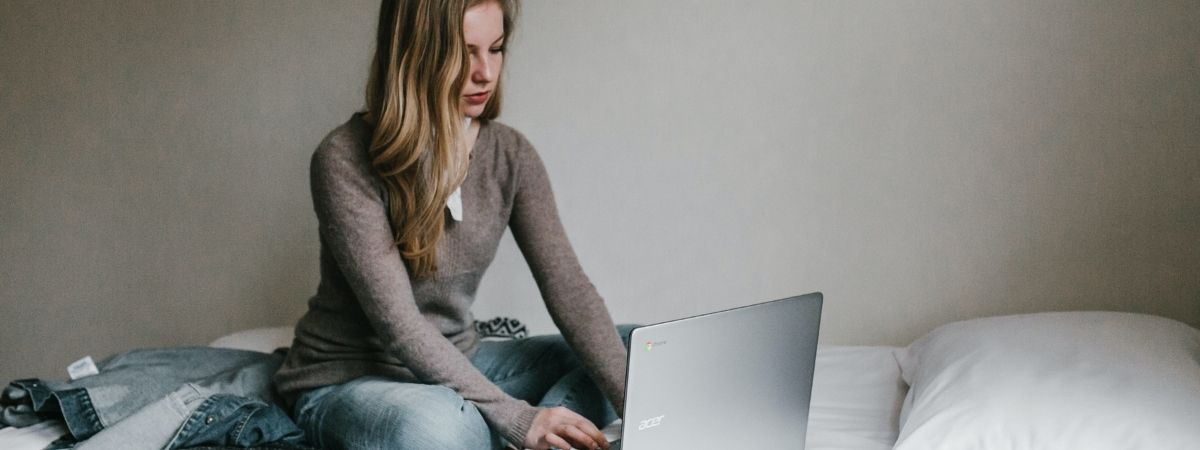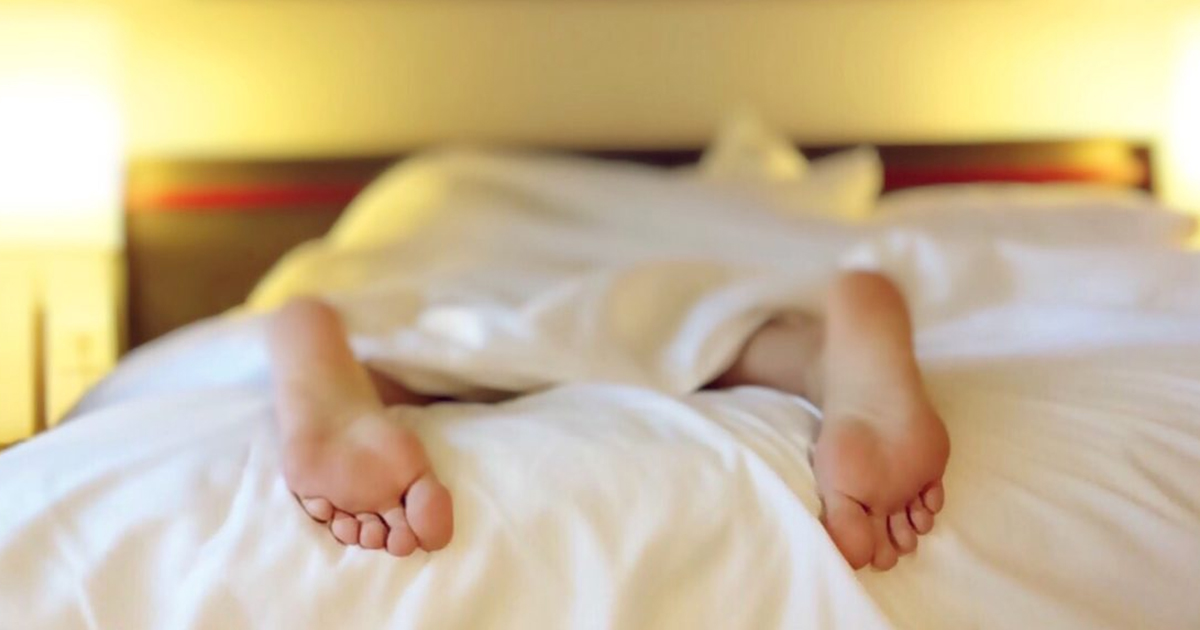Technology has grown to be an essential part of our lives. From the gadgets we use, such as our phones and laptops, to what we find in our jobs and other facilities — each type of technology plays a massive role in how we operate daily.
Because technology is incredibly convenient, we find ourselves on our devices from day to night. And it comes with no surprises that being in front of our screens for long periods can affect our body’s natural cycles and can impact our ability to get quality sleep.
People who are experiencing sleeping problems work with sleep specialists and get the proper treatment to bring back their sleep quality and improve their overall well-being. Seeing that there are numerous adverse effects when you get little-to-no sleep, it’s best to speak to a professional right away to counter these issues.
How Technology Affects Your Sleep
Before diving into technology, let’s first discuss the basics of sleep. Our bodies run on a circadian rhythm, a biological process that happens over 24 hours. It tells us when our body should feel awake and when we’re feeling sleepy, and basically, the circadian rhythm is based on the pattern of when the sun rises and falls.
With that being said, a part of our brain — the suprachiasmatic nucleus — catches on environmental cues, such as light to initiate our body’s bedtime. And since this part of our brain is quite sensitive, small changes in our environment can affect its pattern and how it tells our bodies to sleep. This is where technology comes in and how it interferes with our body’s circadian rhythm.
Electronic devices emit blue light, which disrupts our circadian rhythm, delaying melatonin production in our bodies in the evening. Therefore, contributing to poor sleeping habits. For this reason, sleep specialists will create tailored treatments for patients dealing with this issue to help bring back the patterns of their circadian rhythm.
How to Use Technology at Night
Many sleep experts recommend avoiding devices that emit blue light a few hours before bedtime, such as mobile phones or computers. But in some cases, people can’t completely avoid using these devices at night because of work or school. For this reason, here are some ways to limit the impact of technology and help promote quality sleep at night:
- Start a Screen-Free Bedtime Routine: Even if you can’t eliminate technology before bedtime, creating a relaxing, screen-free routine will help signal your body to rest
- Keep Your Gadgets Away From You: When it’s time for your to go to bed, consider putting your devices far from your reach so you won’t feel tempted to scroll endlessly through your phone
- Dim Your Lights: Decreasing the brightness of your screen and switching to dimmer lights at night can help prepare your body for rest
- Switch to Nighttime Mode: Most devices now have night time mode, and it’s best to utilize this feature to help decrease emitting blue light
The Bottom Line: Without Balance, Technology Can Affect the Quality of Rest You Get Daily
When you’re experiencing trouble sleeping and not getting enough rest, technology could play a huge part in this issue. This is why it’s best to get assistance from sleep specialists so you can get the right treatment and understand why your body responds differently to technology.
Finding the right balance will help you get enough rest and improve your body’s functions and overall well-being.
Are You Looking For Sleep Specialists in Jacksonville, FL?
Getting enough rest at night is one of the best ways to heal and restore your body. However, when you don’t get enough sleep at night, it will carry on to the next day, affecting how you perform your daily tasks. For this reason, if you’re experiencing sleeping problems, it’s best to speak to a sleep specialist right away.
Jacksonville Sleep Center has the only board-certified sleep physician in North Florida dedicated to helping patients improve their quality of life by encouraging better night’s sleep. Learn more about our treatments today and start sleeping better at night!






